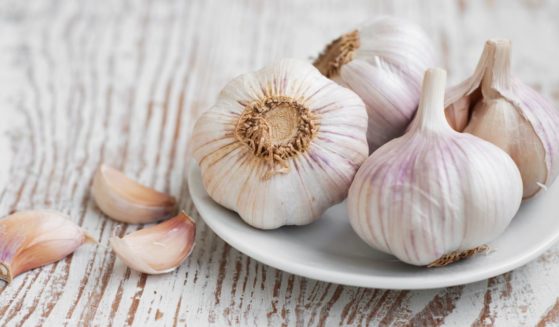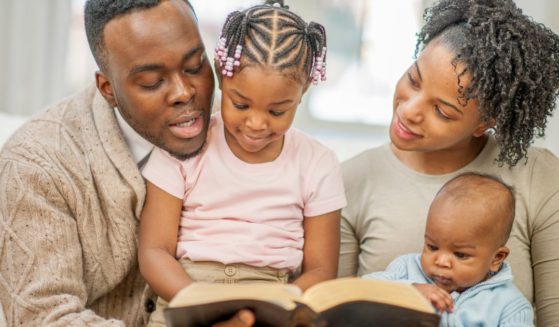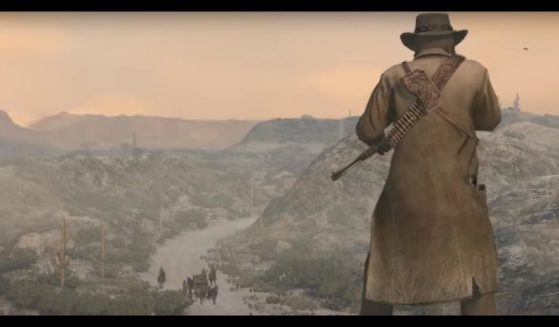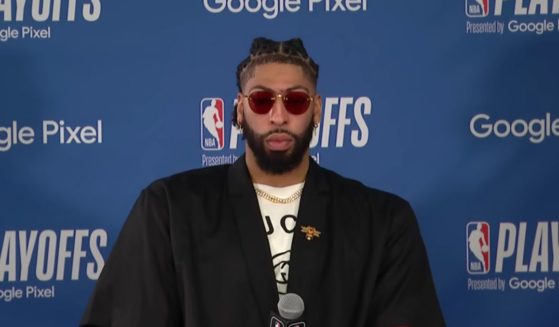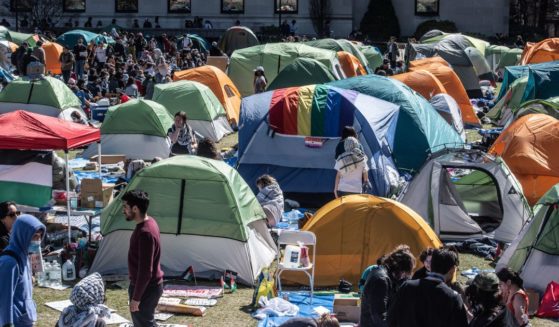Alzheimer's Took Grandma's Memory Except for 1 Thing. That's Why She Recorded Each Visit
Mary-Lou Versteegh was terrified of being diagnosed with Alzheimer’s. She watched her father struggle with the disease and dedicated her professional life to helping those Alzheimer’s touched.
Still, she knew it was a strong possibility that she would inherit the trait that made her susceptible.
When doctors finally diagnosed Versteegh with Alzheimer’s, she told her daughter to keep it a secret.
“So we did everything in our power to try to not let people know what was happening because she was very embarrassed about it, ’cause she never wanted this illness,” Patty Coenen, Versteegh’s daughter, said.
Versteegh always told her daughter that she didn’t want to be a burden, and would accept being put into a home for better care.
When her memory started to deteriorate more and more, Patty decided to transition her mother to a nursing home.
She went to visit her nearly every other day and knew she was a familiar presence to her mother — even if her mother could no longer remember Patty’s name.
There was one thing Versteegh would never forget, though: the words to “You Are My Sunshine.” It was her favorite song, and she would often sing it with her daughter and granddaughter.
Sometimes her grandma didn’t sing along, but whether or not she joined in, it was one thing that could draw her back.
When Nicole Coenen, Versteegh’s 24-year-old granddaughter, was in film school, she decided to make a video about her grandmother’s struggle with Alzheimer’s for her school project.
In the beginning of the video, she compiled a string of videos showing her and her grandmother singing the song.
“She would forget who I was, but she always remembered the words of that song,” Nicole said. “And then she might start to remember other things. It would trigger her memory.
“It was a way of bringing her back because she would always brighten up. I had no idea it would do that.”
Even though she’d often forget, Nicole saw that her grandmother never changed her personality. “I just didn’t understand why people didn’t see that she was, she was still her,” she reflected.
“She was still 100 percent my grandma and she hadn’t changed as a human being or anything,” Nicole continued. “Like, she was sick, but that was it. She wasn’t different.”
Versteegh lost her battle with Alzheimer’s last year after Nicole completed her video. Now, the video keeps Versteegh’s memory alive and shows the bright side of a dark disease.
Truth and Accuracy
We are committed to truth and accuracy in all of our journalism. Read our editorial standards.
